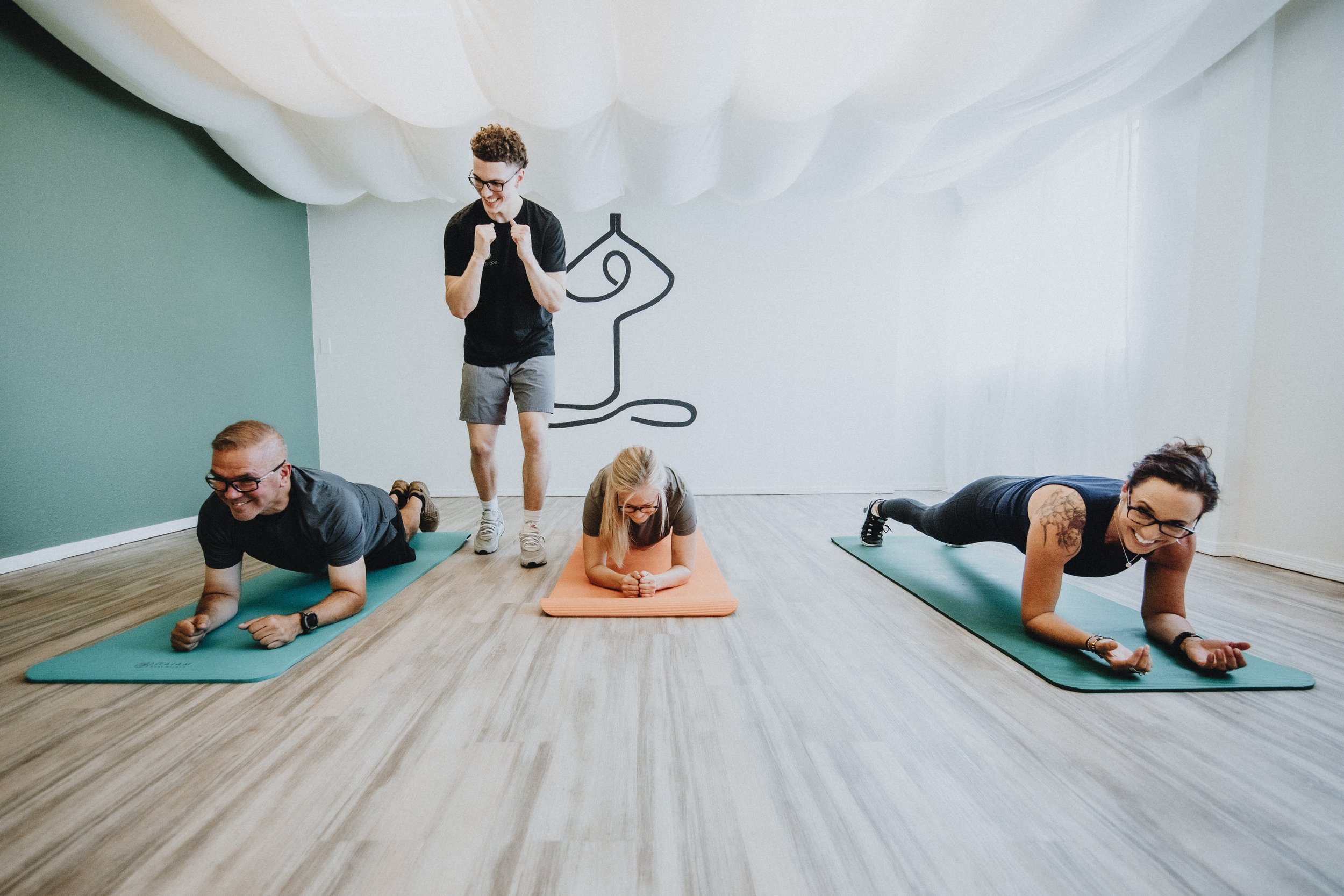The Incredible Benefits of Exercise on Mental Health: Stress Relief Through Movement
Did you know that 1 in 5 adults experience mental health issues each year? With stress levels rising due to various life pressures, finding effective solutions for mental well-being is crucial. Exercise is not only a physical activity but also a powerful remedy for mental health challenges. In this blog post, we’ll explore how exercise, particularly walking, weight training, and restorative movement, can greatly impact mental health and stress management. Discover the benefits of integrating physical activity into your daily routine, and learn how you can make these changes for a more balanced life.
Understanding the Connection Between Exercise and Mental Health
Mental health issues are increasingly prevalent in our society today. Conditions such as anxiety and depression can stem from various sources, but one frequently overlooked remedy is exercise. Research consistently shows how physical activity positively influences mental well-being.
Release of Endorphins: One of the most significant ways that exercise boosts mood is through the release of endorphins. These are chemicals produced by the body that act as natural painkillers and mood elevators. Engaging in just 30 minutes of physical activity can lead to increased endorphin levels, providing a natural high.
Reduction in Stress Hormones: When we exercise, our body produces fewer stress hormones like cortisol. This means regular physical activity can help stabilize your body’s chemical balance, making it easier to handle stressful situations.
Improved Sleep Quality: Regular exercise has been shown to improve sleep quality, which is crucial for mental well-being. Better sleep aids in stress management and emotional resilience.
The Role of Walking in Mental Health
Among the various forms of exercise, walking is one of the most accessible and beneficial options available. By simply putting one foot in front of the other, you can reap incredible mental health benefits.
Mindfulness in Motion: Walking allows you to connect with your environment, promoting a sense of mindfulness. As you walk, focusing on your surroundings and breathing can ground you, reducing feelings of anxiety and stress.
Social Interactions: Group walking can enhance social interactions, combating feelings of isolation or loneliness. Engaging with friends or joining a community walking group can provide support and improve your mental health.
Setting and Achieving Goals: Setting simple walking goals can motivate you and provide a sense of accomplishment, positively impacting overall mental health and self-esteem.
Weight Training and Mental Resilience
Strength training is not just for building muscle; it can also significantly enhance mental health. Here are key takeaways:
Empowerment: Lifting weights can create a sense of empowerment and control over your body and mind. This can be especially beneficial for those struggling with anxiety or self-worth issues.
Building a Routine: Establishing a consistent weight training routine encourages discipline and can provide a structured approach to managing daily stressors.
Social Connections: Like walking, strength training can foster community. Joining a gym or group class builds a support system, profoundly impacting mental well-being.
Restorative Movement and Stress Relief
Restorative movement forms like yoga or tai chi focus on mindfulness and gentle movement, perfect for calming the mind and body.
Stress Reduction: These methods help in reducing stress levels and anxiety, promoting inner peace.
Improved Flexibility: Not only does restorative movement enhance physical flexibility, but it also promotes mental resilience, helping you deal with life’s challenges fluidly.
Cultivating Mindfulness: As with walking, these practices encourage mindfulness, allowing you to observe thoughts and feelings without judgment. This practice is key in managing stress and anxiety.
Practical Tips to Get Started
Set Realistic Goals: Whether you prefer walking, weight training, or restorative movement, set achievable goals to keep you motivated. Start with small, measurable targets.
Create a Routine: Incorporate your chosen activities into a routine that fits your lifestyle. Even short, consistent sessions can lead to significant benefits.
Seek Support: Join classes, enlist friends, or hire a personal trainer. Having support can enhance your experience and lead to better results.
Listen to Your Body: Pay close attention to how your body responds to exercise. This mindfulness can guide you in choosing the most beneficial types of movement.
What’s Next: Taking Action
Exercise is more than a means of staying fit; it’s a pivotal aspect of maintaining mental health. By incorporating walking, weight training, and restorative movements into your routine, you’re making a powerful choice to manage stress effectively.
So now what? Start today by booking a free 30-minute personal training session with Ryan at Soul Space to explore the best exercise for you. Visit [Your Link Here] to take the first step toward better mental health. As you embrace these practices, remember that every small step counts. It’s never too late to start prioritizing your mental wellness through movement. Reflect on how you’ll integrate exercise into your daily life and set realistic, achievable goals.
The key to a balanced life lies within you—embrace it!


